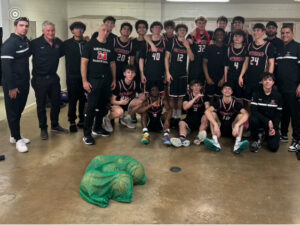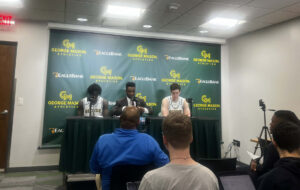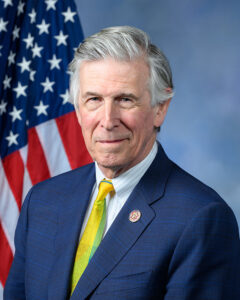The Rev. Michael McGee, Senior Pastor of the Unitarian-Universalist Church of Arlington, delivered an excellent sermon last Sunday that caused me once again to reflect on the whole issue of equal rights for woman in our society.
The sermon took us back to the origins of transcendentalism and the Unitarian Church in 19th Century Massachusetts and two women who were at the epicenter of both the religious movement and the burning question of equal rights for women – Margaret Fuller and Louisa May Alcott.
Margaret Fuller came from prominent Cambridge family. Her father was a lawyer, Member of Congress, and leader in the new transcendentalist movement, of which Ralph Waldo Emerson was probably the most famous proponent. Fuller is probably best known for her seminal Woman in the Nineteenth Century, the first feminist treatise in the United States.
Louisa May Alcott was born into a very respectable, but poor, family whose father was a prominent Unitarian minister and leader in the transcendental movement along with Emerson and Henry David Thoreau. She had to strike out on her own relatively early in life, becoming at various times a teacher, housekeeper, seamstress, governess, and, of course, writer. Remarkable for a woman of the time, she achieved financial independence and thus an unusual degree of equality, from her writings, notably the classic Little Women, which I presume all of you have read.
Both women, whose families were close, received excellent educations from their fathers, family members and friends, formal educational institutions being largely closed to woman at that time. Also the transcendental movement and Unitarianism that sprung from it largely liberated them from the theological basis of discrimination against women, which to some extent exists to this day.
There is no question that women have made great strides toward true equality since Fuller’s and Alcott’s time, just as African-Americans have. There is also no question that both groups have a long way to go.
But, without in any way denigrating the remarkable achievement of African-Americans, the women’s battles have been more subtle and more challenging, if for no other reason than women’s inferior position through the ages has been more subtle and even more acceptable, even to many women.
And this is true to a great extent because this discrimination has been to this day partially based on fundamental and, in my mind, highly questionable theological doctrines. For example, the entire pro-life movement is based on a theological assumption that human life begins at the point of conception, even though many religions do not accept that, and there is a great deal of doubt everywhere. Ancillary to that doctrine is the very subtle belief that women are incapable of making that fundamental decision themselves. We need to rid ourselves of these notions before women will be truly equal.
I know that I have opened a Pandora’s Box here, but this the kind of intellectual journey I often take after having heard a profound sermon, regardless of the church in which I hear it.
I also realize that I have drifted somewhat here from the basically Arlington theme of this column. At least I heard it in the Unitarian Church of Arlington of which I have been a member for forty years and a “friend” for longer than that. While it is against my religion to proselytize, I highly recommend it.











